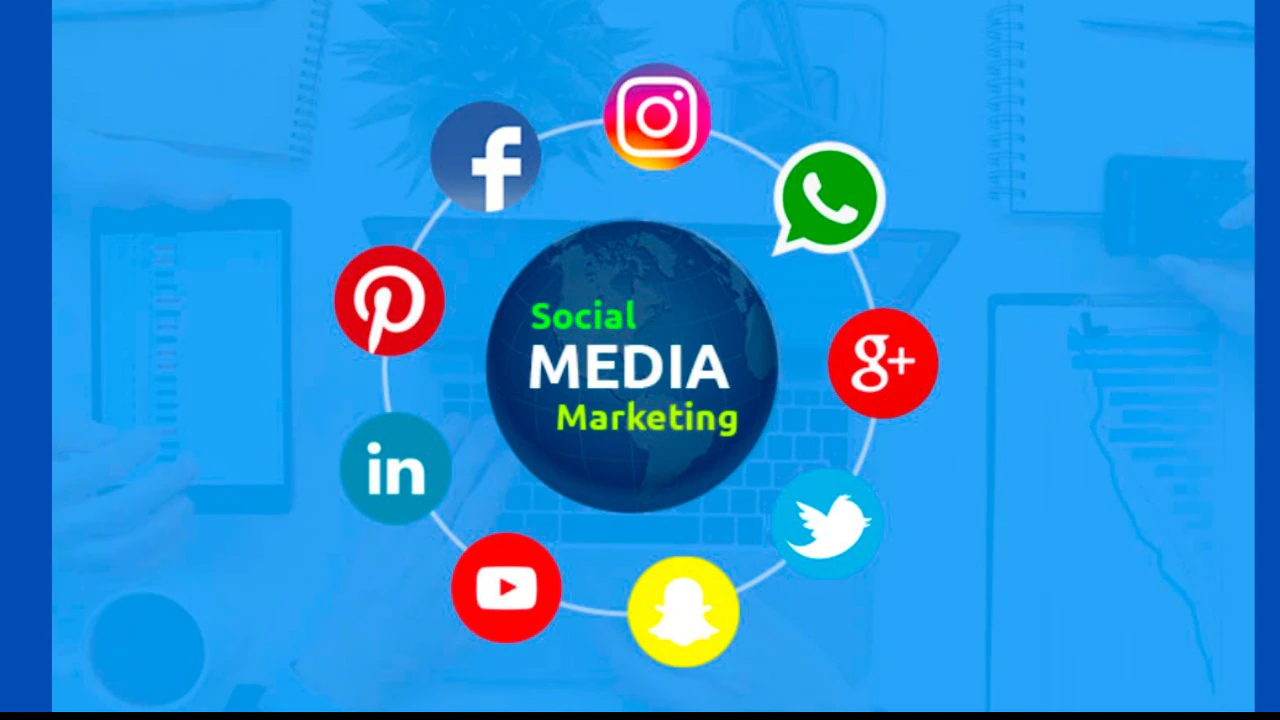Social Media Marketing is also known as digital marketing or E- marketing.
is the use of social media platforms which build social networks and share information to build a company’s brand , increase sales and drive website traffic .
The three core marketing areas of social media marketing are : Connection , Interaction, and Customer Data.
1. Connection– Social media enables businesses to connect with customers in different ways such as content platforms like youtube and social sites to microblogging services.
2. Interaction – The dynamic nature of the interaction on social media enables businesses to leverage free advertising opportunities from eWOM (electronic word of mouth) recommendations between existing and potential customers.
3. Customer Data – A well designed social media marketing plan delivers another invaluable resource to boost marketing outcomes.
Strategies of Social Media Marketing:
- Customer Relationship Management :
Social media marketing has 2 kinds of interaction that enable targeted CRM tools.
1) Customer to Customer
2) Firm to Customer
Traditional marketing tracks customer value by capturing purchase activity, and Social media marketing tracks customer value both directly and indirectly.
2. Shareable Content/Sticky Content –
is the marketing term for attractive content that engages customers at first glance and then influences them not only to purchase products but also to share the content .
3. Viral Marketing –
is a social media marketing strategy that attempts to trigger the rapid spread of word of mouth , product information ,a very simple and inexpensive way to promote sales.
4. Earned Media –
is a marketing term for brand exposure from any method other than paid advertising. For eg: customer created content ranging from product reviews and recommendations to shares , reposts and mentions.
7 Types of Social Media with Examples
- Social Networks :
Examples : Facebook, Linkedln
These platforms allow us to connect with our friends, family and brands. Most social network sites let users share thoughts , upload photos and participate in groups of interest.
2. Bookmarking Sites :
Examples : Pinterest , Flipboard
Allows users to save and organise links to any number of online resources and websites . A great feature is the ability for the users to tag links which makes them easier to search and invariably share with their features.
3. Social News :
Examples : Digg, Reddit
Allows its users to post news links and other items to external articles.
4. Media Sharing :
Examples : P interest , Youtube, Vimeo
Allows users to share different types of media , including image sharing and video hosting sites. Other social features include ability to create profiles and commenting on the uploaded images/videos. They encourage user generated content where anyone can create, curate, and share the creativity that speak about them.
5. Microblogging :
Examples :Facebook, Twitter
Allows the users to submit their short written entries which can include links to product /service sites.
6. Blog comments and Forums:
Examples : Blogger
An online forum is a site that lets users engage in conversations by posting and responding to community messages.
A blog comment site is same but little more focused .
7. Social Review Sites:
Examples : Trip advisor , Foursquare
Show reviews from community members for all sorts of locations and experiences . These helps people to make better planning / decisions when it comes to choosing a hotel for stay.
